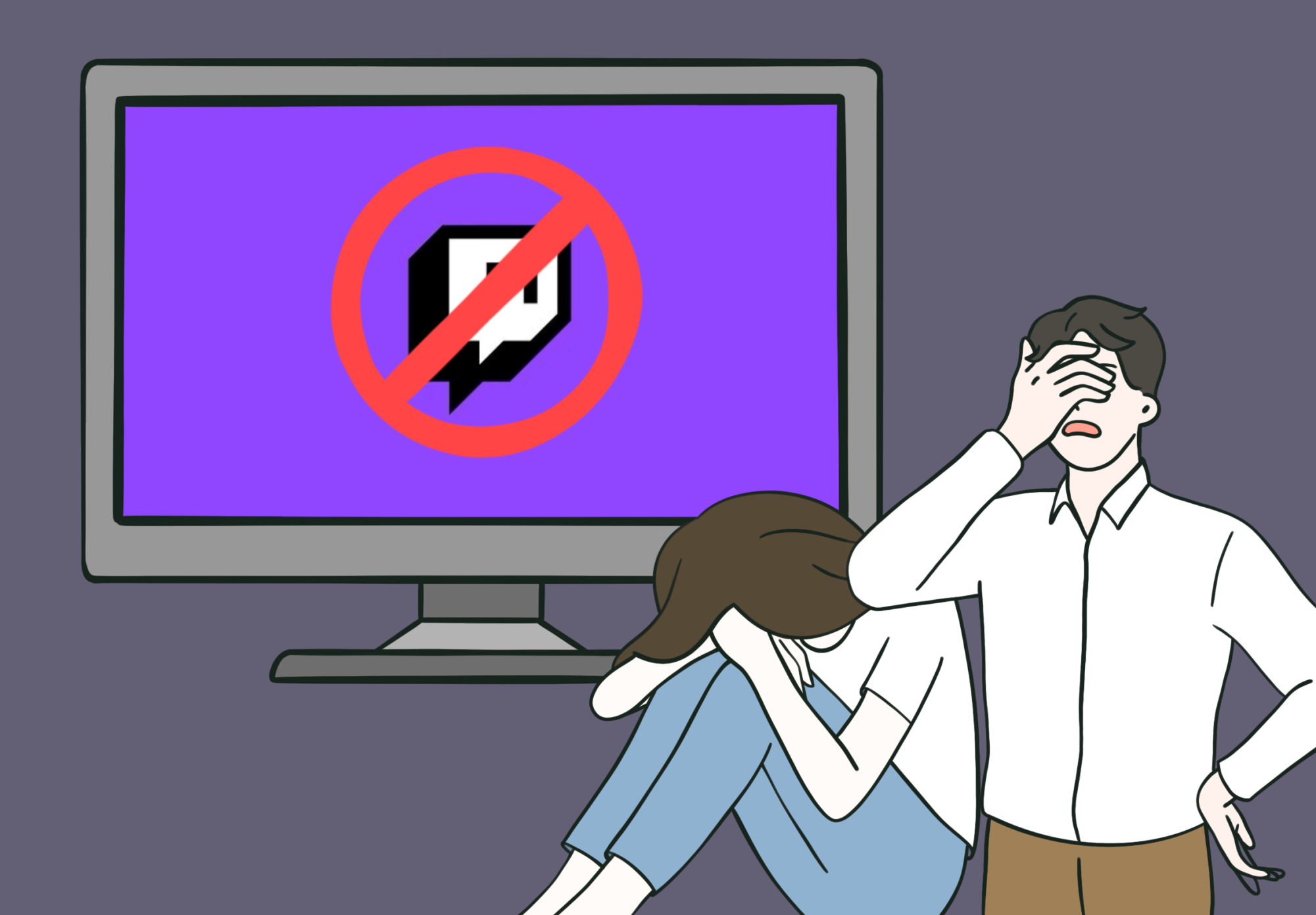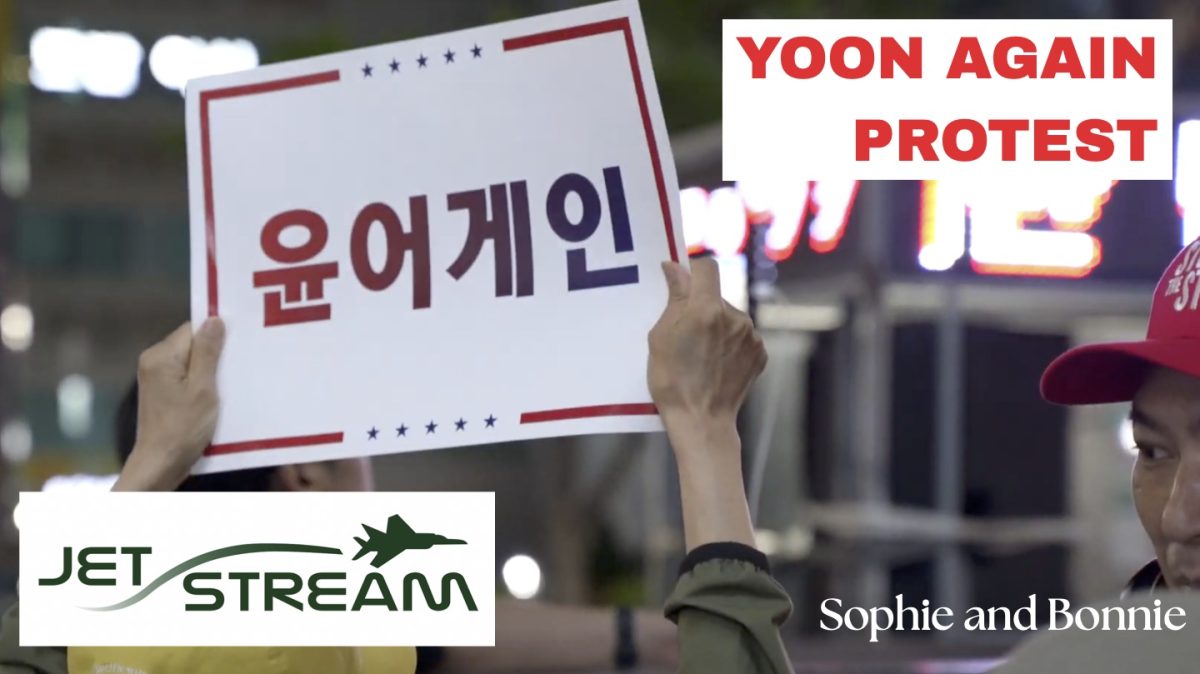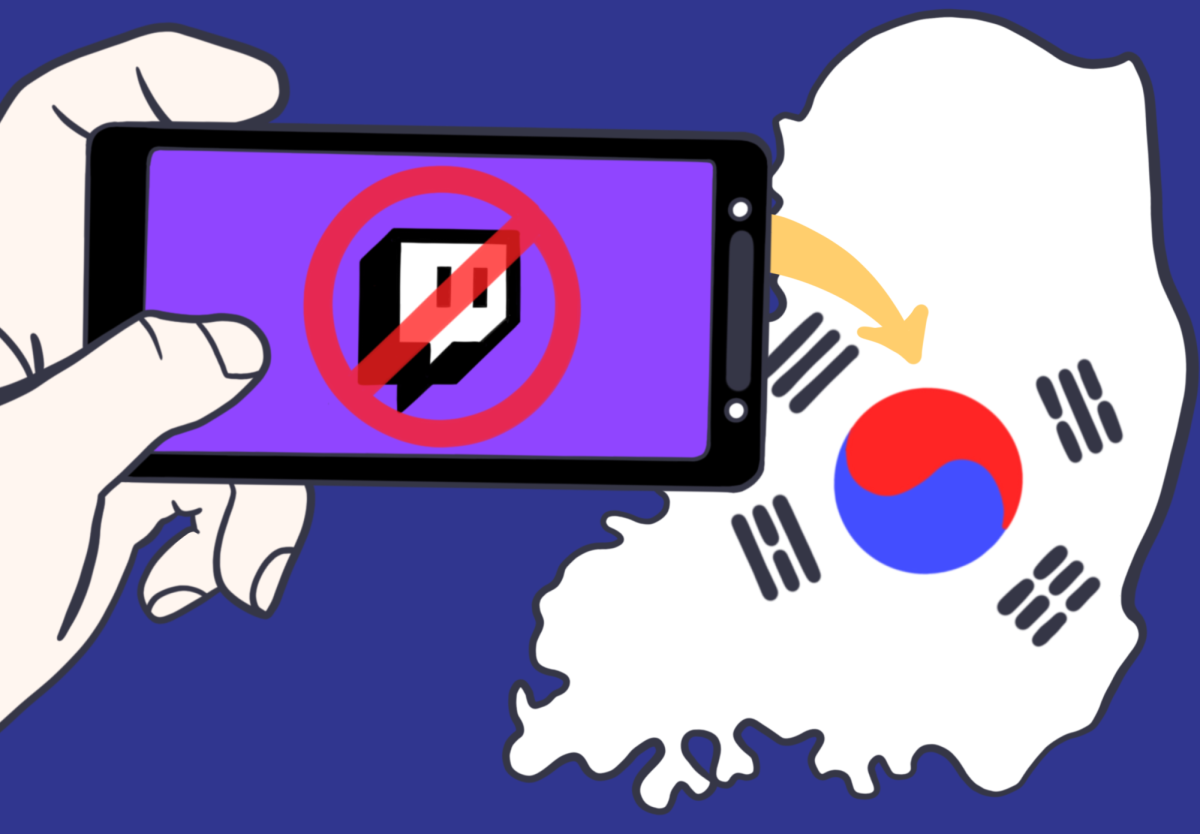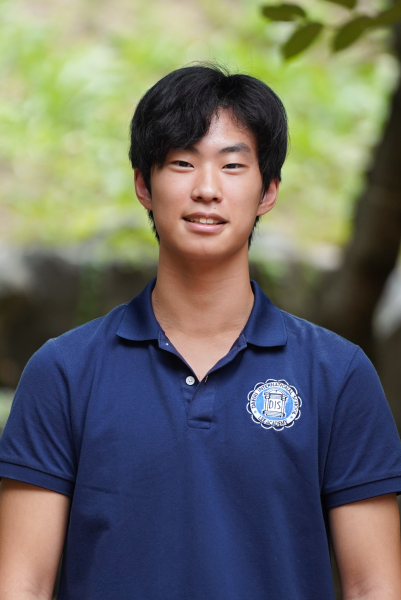Twitch arrived in Korea in July 2017 as a foreign media platform operated by Amazon. From 2017 to 2024, it reigned as the epitome of streaming programs with its optimized environment for internet broadcasters. Despite success, Twitch unexpectedly announced its exit from the nation’s market – from the end of February, the company blocked Korean media on the platform.
Although video game content tops the charts, Twitch offers media across a variety of fields. Viewers can enjoy streams to the fullest regardless of their game skills and enjoy their time with individuals from all over the nation. Furthermore, user engagement via comments allows users to immerse themselves in the content compared to non-real-time videos.
Thanks to these features, game broadcasts and on-air, one-person talk shows quickly became pop culture fodder for Korean youth. Luke Cho, an avid Twitch consumer in eighth grade, said, “I’m a huge fan of Korean streamers on Twitch. The easy access and utility add to the platform being one of my favorite things to do in my free time.” As various creators transferred to Twitch for better service, the platform reached new heights, with 6.7 million domestic users (as estimated by market research firm World Population Review).
On the surface, Twitch enjoyed immense success, but under the hood, their business in Korea lost out on lucrativeness. On a live broadcast, Twitch CEO Dan Clancy said, “We find it impossible to operate our business due to telecommunication companies in South Korea which demand a 10 times higher fee than companies from their country. As the Korean market grows and the number of users increases, we need to endure greater losses.” Moreover, predatory companies such as SK sap away at the profit further by collecting fees from both end – users and hosts.
This impact extends beyond Twitch. Similar companies such as Pandora TV, Mgoon, and M&Cast went out of business after helpless efforts to cover the snowballed prices. They pointed out the unjust system of over-taxing. But major telecommunication companies in South Korea such as SK or LG deny the role they play in the withdrawal of the livestreaming industry. Rather, they argue that Twitch, faced with new strong rivals such as YouTube or Afreeca TV, had no choice but to give up its habitat in South Korea.
The government imposes its own protectionist policies to allow local industries to burgeon. They also demand higher charges on foreign corporations to protect the national internet ecosystem from global high-tech companies.
Streamers took a major blow to their view count and channel management. Kkiergguen (끼얼균), a Pokémon Go streamer with 41.4K subscribers, said, “For the past five years, I’ve been ‘all in’ on this Twitch. I prepared and hosted broadcasts for an average of 9 to 10 hours a day. Being kicked out from Twitch isn’t just a platform issue, but a livelihood one. My entire career disappeared overnight. All my investments and financial systems are also destroyed.”

Twitch’s departure created a giant void in the Gen Z media sphere. More than 7 million users wander the web to find alternative platforms that may host their favorite content creators. Kkiergguen said, “I created my platform not only for myself but also for the viewers! I’ve said this to other newspaper companies as well, but consider all the consumers who would need to move their services! Time to move to Afreeca TV …” In the absence of a dominant platform, Naver and Afreeca TV heatedly compete with each other to take the throne.
This shift prompts concern about overly lenient content moderation policies on alternative platforms. Reports demonstrate widespread inappropriate material on Afreeca TV. This raises questions about the impact on viewers, especially students who may be inadvertently exposed to sensitive or harmful content. Cho expressed his feelings about the incident: “After its removal, I feel like I’m mutually pressured to choose between different platforms such as AfreecaTV. People I enjoy watching are separated into multiple different services. This means I need to pay the fee for both platforms now.”
He also said, “However, I’m very worried about leaving a secure service to go to a newly built or highly-rated platform. Especially for Afreeca TV, known for its uncensored content, might as well influence me in negative ways.”
Twitch’s withdrawal from the market is an injustice to streamers who have accumulated traffic, funds and a strong fanbase on the platform. However, the Korean market charges exorbitant fees against foreign companies, which makes financial maintenance nearly impossible. In the midst of conflicting opinions, the tug of war between different sides of the market remains unknown.





















































Lumin • Aug 15, 2024 at 7:27 pm
I don’t even use twitch and i still feel bad for the people who did-
Volt • Apr 4, 2024 at 7:28 pm
It would be very depressing for all the streamer and audience who used Twitch. I wish the Twitch stay but it is closed so, I think we have to find other platform which is similar to this platform like naver’s CHijijic or YouTube.
josh • Apr 4, 2024 at 7:27 pm
RIP Twitch
Eddy kim • Apr 4, 2024 at 7:26 pm
I love how you guys explained this in a easy way to understand. I knew that twitch was banned, but not why. Thank you for the info!